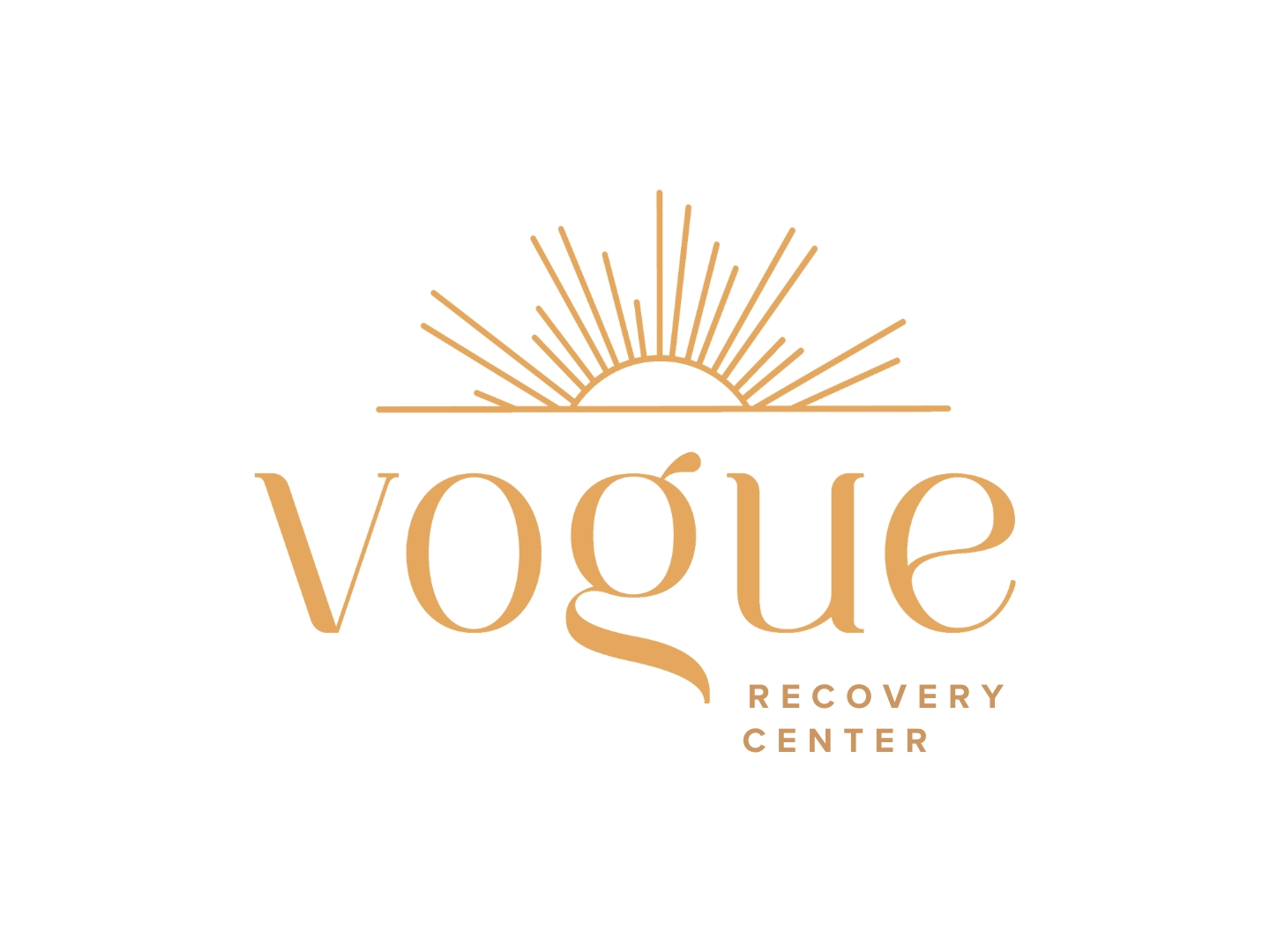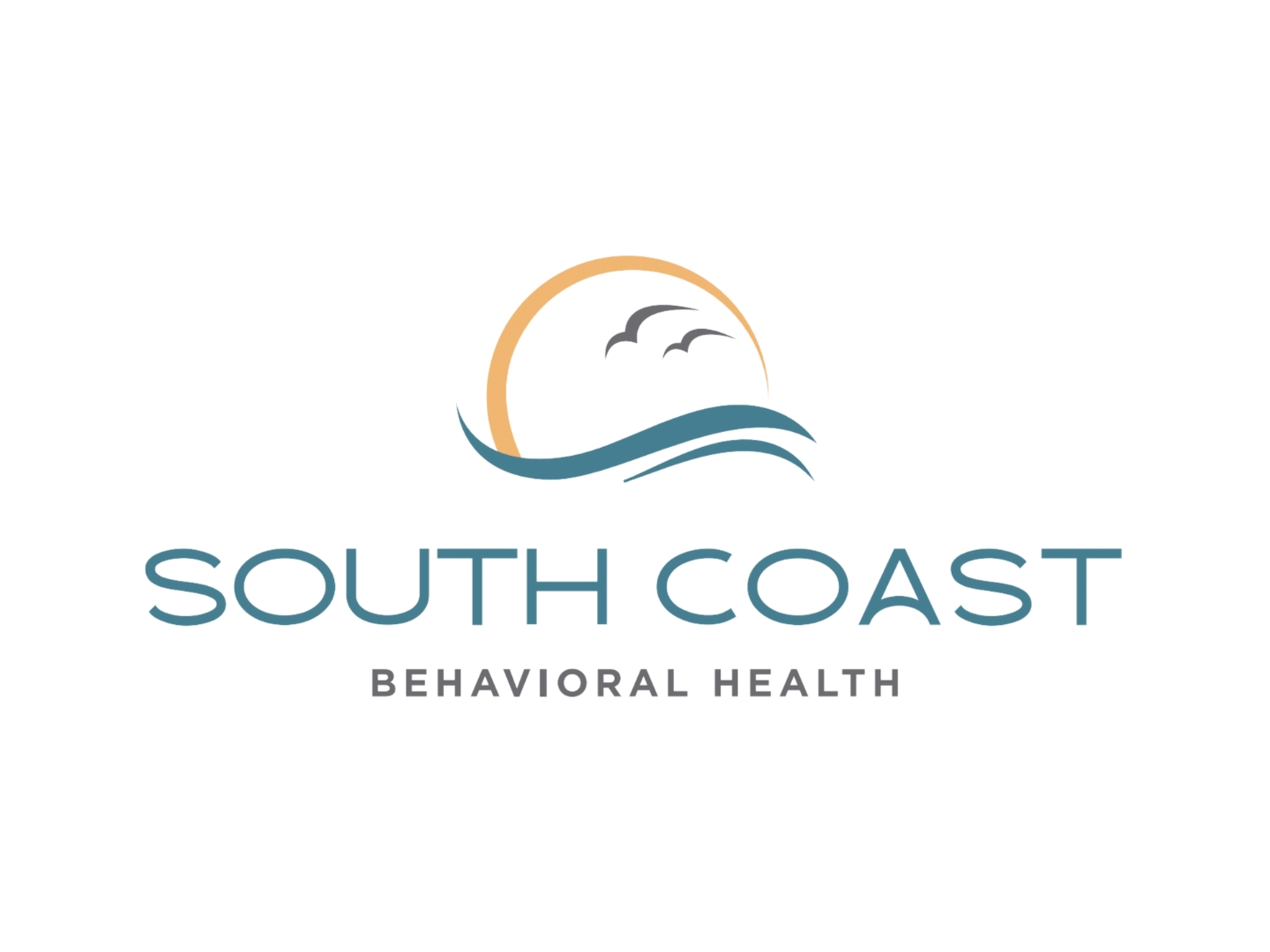Schizophrenia
Schizophrenia is a complex and chronic mental health condition that can significantly impact an individual’s perception of reality, thoughts, emotions, and behavior. As one of the most well-known psychotic disorders, schizophrenia is characterized by a range of symptoms that can make daily life challenging. However, with the right treatment and support, many individuals with schizophrenia are able to manage their symptoms and lead fulfilling lives.
At its core, schizophrenia is a disorder that affects how a person thinks, feels, and behaves. Individuals with schizophrenia may experience hallucinations, delusions, disorganized speech and thinking, and a lack of motivation or emotional expression. These symptoms can make it difficult for them to function in their personal, social, and professional lives. Understanding the causes, symptoms, and available treatments for schizophrenia is crucial for those affected and their loved ones.
What Is Schizophrenia?
Individuals with schizophrenia may experience a range of symptoms, including hallucinations, delusions, disorganized thinking and speech, and a lack of motivation or emotional expression. These symptoms can significantly impair an individual’s ability to function in their daily life, making it difficult to maintain relationships, hold a job, or perform everyday tasks.
The exact causes of schizophrenia are not fully understood, but it is believed to be the result of a combination of genetic, environmental, and neurological factors. Research has shown that individuals with a close family member who has schizophrenia are at a higher risk of developing the condition themselves. Certain brain chemistry imbalances and structural abnormalities have been linked to the development of schizophrenia.
Schizophrenia is treatable with the right help. A mental health treatment center is the best place to go when schizophrenia is making your life more challenging than it has to be.
Talk to an Admissions Representative | Free, No Obligation, 100% Confidential
How Soon Can I Get Help?
No one should have to wait to heal, which is why our specialists are available 24/7 to help guide you through the admissions process every step of the way.
Prevalence of Schizophrenia
Here are the statistics surrounding the prevalence of schizophrenia:
Global Prevalence: Approximately 24 million people worldwide have schizophrenia, with a lifetime prevalence of 0.33% to 0.75% among non-institutionalized individuals.
U.S. Prevalence: In the United States, the prevalence is estimated to be 1.5 million people per year, with a lifetime prevalence of 0.25% to 0.64%.
Age of Onset: Schizophrenia typically begins in late adolescence to early adulthood, with symptoms emerging earlier in males (late adolescence to early twenties) than in females (early twenties to early thirties).
Gender Differences: Males are more likely to develop schizophrenia than females, with a higher prevalence in males across all age groups.
Looking for Mental Health Services?
If you or a loved one is struggling with their mental health, our admissions team is available 24/7. Our compassionate and understanding team can help answer your mental health treatment questions and get you started on the path to recovery.
Deciding to seek depression treatment can be intimidating. We are here to make this process as easy as possible. Reach out to us today to learn more about how our treatment centers can help!
- How we can help
- Programs and locations
- Payment options
How Does Schizophrenia Make Life Difficult?
Schizophrenia can make daily life extremely challenging for those affected. The symptoms of the disorder, such as hallucinations, delusions, disorganized thinking, and lack of motivation, can significantly impair an individual’s ability to function in various aspects of life. Hearing voices or experiencing false beliefs can be disruptive and exhausting, especially in work or social settings that require focus and clear communication.
Additionally, the stigma surrounding schizophrenia can lead to discrimination and make it difficult for individuals to find support and acceptance in their communities. Managing the symptoms of schizophrenia requires consistent effort and can be emotionally and physically draining. However, with proper treatment and support, many individuals with schizophrenia are able to lead fulfilling lives and achieve their goals.
What Are the Stigmas Surrounding Schizophrenia?
Despite increased awareness and understanding of mental health conditions, schizophrenia continues to be surrounded by misconceptions and stigma. Some common stigmas associated with schizophrenia include the belief that individuals with the disorder are dangerous or violent, that they are lazy or unmotivated, and that they are not intelligent or capable. These stigmas can lead to discrimination in various aspects of life, such as employment, housing, and social relationships.
The media often perpetuates negative stereotypes by portraying individuals with schizophrenia as unpredictable or violent, which can further contribute to the stigma surrounding the disorder. Overcoming these stigmas requires education, empathy, and a willingness to challenge preconceived notions about mental health conditions. By promoting understanding and acceptance, we can create a more supportive and inclusive environment for those affected by schizophrenia.
Are There Different Kinds of Schizophrenia?
While schizophrenia is a single disorder, there are several different subtypes that can be distinguished based on the predominant symptoms. These include paranoid, disorganized, catatonic, and undifferentiated schizophrenia. Each subtype has its own unique set of symptoms and may require tailored treatment approaches. Understanding the specific type of schizophrenia can help healthcare providers develop the most effective management plan for the individual. Here are a few common types of schizophrenia:
Paranoid Schizophrenia
Paranoid schizophrenia is a variation of the condition that includes the presence of prominent delusions and hallucinations, often with a paranoid theme. Individuals with this subtype may experience persistent and intense suspicions or fears, leading to significant social and occupational impairment. The term is considered outdated by many in the mental health treatment community, including the American Psychiatric Association, due to the prominence of paranoia as a symptom in many variations of schizophrenia.
Hebephrenic Schizophrenia
Hebephrenic schizophrenia, also known as disorganized schizophrenia, is marked by disorganized speech and behavior, as well as flat or inappropriate emotions. This subtype is often associated with a lack of insight and a poor response to treatment. Those with disorganized schizophrenia often have trouble maintaining relationships and tend to isolate themselves socially. Early diagnosis and treatment have led to improved outcomes during treatment.
Catatonic Schizophrenia
Those with catatonic schizophrenia suffer from extreme motor abnormalities, including immobility, rigidity, or excessive motor activity. Individuals with this subtype may exhibit a range of catatonic symptoms, including mutism, negativism, or echolalia. Like paranoid schizophrenia, this subtype is considered an outdated diagnosis due to catatonia being a prominent symptom in other subtypes as well.
Residual Schizophrenia
Residual schizophrenia refers to a condition where the symptoms of schizophrenia persist, but the individual no longer exhibits the characteristic positive symptoms such as hallucinations or delusions. This subtype is often associated with negative symptoms like flat affect and social withdrawal.
Undifferentiated Schizophrenia
Undifferentiated schizophrenia is a subtype where the symptoms do not fit into any of the other categories. It is characterized by a mix of positive and negative symptoms, making it difficult to distinguish from other subtypes.
Schizoaffective Disorder
Schizoaffective disorder is a condition where an individual experiences both schizophrenia-like symptoms and mood episodes, such as mania or depression. This disorder is characterized by a significant impairment in social and occupational functioning, often requiring a combination of antipsychotic and mood-stabilizing medications for treatment.
Are you ready to leave drugs & alcohol in your past? Reach out today through live chat, email, or phone.
What Causes Schizophrenia?
The exact causes of schizophrenia are not fully understood, but research suggests it is likely the result of a combination of genetic, environmental, and neurological factors. While the specific mechanisms are complex, scientists have identified several key contributors to the development of this mental health condition.
Genetic Factors
Genetic factors play a significant role in the development of schizophrenia. Research suggests that individuals with a family history of schizophrenia are at a higher risk of developing the condition themselves. Genetic mutations or variations can affect the brain’s development and function, increasing the likelihood of schizophrenia.
Brain Chemistry
Brain chemistry imbalances, particularly in the neurotransmitters dopamine and glutamate, are believed to contribute to the development of schizophrenia. Abnormalities in these neurotransmitters can disrupt normal brain function, leading to symptoms such as hallucinations and delusions.
Environmental Factors
Environmental factors, such as exposure to viruses, malnutrition, and other environmental toxins, can also increase the risk of developing schizophrenia. These factors can affect brain development and function, leading to changes that may contribute to the onset of the condition.
Stress
Stress can trigger or exacerbate symptoms of schizophrenia. Chronic stress can lead to changes in brain chemistry and function, making individuals more susceptible to psychotic episodes. Managing stress through techniques like meditation and exercise can help alleviate symptoms.
Substance Abuse
Substance abuse, particularly during adolescence and early adulthood, can increase the risk of developing schizophrenia. Certain substances, such as marijuana and cocaine, can trigger psychotic episodes or exacerbate existing symptoms. Quitting or reducing substance use can help manage symptoms and prevent relapse.
Signs and Symptoms of Schizophrenia
The symptoms of schizophrenia can be divided into three main categories: positive symptoms, negative symptoms, and cognitive symptoms.
Positive symptoms:
- Seeing, hearing, or experiencing things that are not real
- Firmly held beliefs that are not based in reality
- Disorganized thinking and speech
Negative symptoms:
- Lack of motivation and energy
- Emotional flatness or withdrawal
- Difficulty with social interaction
Cognitive symptoms:
- Difficulty with memory, attention, and problem-solving
- Impaired decision-making and judgment
These symptoms can vary in severity and may come and go over time, making it important for individuals with schizophrenia to work closely with their healthcare team to manage their condition effectively.
It is also possible for physical, emotional, and behavioral symptoms to arise.
Physical Symptoms:
While schizophrenia primarily affects a person’s thoughts, emotions, and behavior, it can also lead to some physical symptoms:
- Lack of energy and fatigue
- Changes in sleep patterns
- Unusual movements, such as pacing, rocking, or grimacing
- Catatonia (immobility or lack of response to the environment)
Emotional Symptoms:
Schizophrenia can significantly impact a person’s emotional well-being, leading to:
- Flat or inappropriate affect (reduced emotional expression)
- Lack of motivation and apathy
- Social withdrawal and isolation
- Difficulty expressing emotions
- Mood swings and irritability
Behavioral Symptoms:
The behavioral symptoms of schizophrenia are often the most noticeable and can significantly interfere with daily functioning:
- Hallucinations (hearing, seeing, or experiencing things that are not real)
- Delusions (firmly held beliefs not based in reality)
- Disorganized speech and thought processes
- Difficulty concentrating and staying on task
- Neglect of personal hygiene and daily responsibilities
- Inappropriate or bizarre behavior
It is important to note that not everyone with schizophrenia will experience all of these symptoms, and the specific symptoms can differ from person to person.
Self-Assessment: Am I Addicted?
"*" indicates required fields
The Relationship Between Schizophrenia and Substance Abuse
There is a strong link between schizophrenia and substance abuse, with studies showing that up to 50% of individuals with schizophrenia also have a substance use disorder. People with schizophrenia may turn to substance abuse for several reasons:
- To self-medicate negative symptoms like social withdrawal, apathy, and dysphoria
- To reduce discomfort from side effects of antipsychotic medications
- Genetic and environmental vulnerability factors, including family history, personality traits, and early life trauma, contribute to the development of both conditions
- Substance abuse can trigger the onset of psychotic symptoms in those predisposed to schizophrenia
However, substance abuse often exacerbates psychotic symptoms, decreases medication adherence, and leads to poorer overall outcomes. Integrated treatment addressing both schizophrenia and substance abuse is crucial for improving quality of life and preventing relapse.
How Is Schizophrenia Diagnosed?
Diagnosing schizophrenia typically involves a comprehensive clinical evaluation by a mental health professional, such as a psychiatrist or psychologist. This evaluation includes a thorough medical and psychiatric history, a mental status examination, and potentially additional assessments like psychological testing or brain imaging. The clinician will assess the presence and severity of key symptoms, such as hallucinations, delusions, disorganized thinking, and changes in mood and behavior.
Schizophrenia most often appears in the late teens to early 30s, with men typically developing symptoms earlier than women. Establishing a diagnosis requires ruling out other potential causes and determining if the individual meets the specific criteria outlined in the Diagnostic and Statistical Manual of Mental Disorders (DSM).
DSM-5 Criteria
Here are the key DSM-5 criteria for diagnosing schizophrenia:
Two (or more) of the following, each present for a significant portion of time during a 1-month period (or less if successfully treated). At least one of them must be (1), (2), or (3):
- Delusions
- Hallucinations
- Disorganized speech
- Grossly disorganized or catatonic behavior
- Negative symptoms (diminished emotional expression)
Other diagnostic criteria include:
- For a significant portion of the time since the onset of the disturbance, level of functioning in one or more major areas (work, interpersonal relations, or self-care) is markedly below the level achieved prior to onset.
- Continuous signs of the disturbance persist for at least 6 months. This 6-month period must include at least 1 month of symptoms that meet Criterion A.
- Schizoaffective disorder and depressive or bipolar disorder with psychotic features have been ruled out because either
- No major depressive or manic episodes have occurred concurrently with the active-phase symptoms
- Any mood episodes have been present for a minority of the total duration of the active and residual periods of the illness
- The disturbance is not attributable to the physiological effects of a substance or another medical condition
- If there is a history of autism spectrum disorder or a communication disorder of childhood onset, the additional diagnosis of schizophrenia is made only if prominent delusions or hallucinations are also present for at least 1 month
The specific symptoms, duration, and level of functioning impairment must meet these criteria for a diagnosis of schizophrenia to be made. Assessing cognition, depression, and mania symptoms is also important for distinguishing schizophrenia from other psychotic disorders.
How Is Schizophrenia Diagnosed?
Schizophrenia is a chronic and complex mental health condition that requires a comprehensive treatment approach to manage its symptoms and improve the quality of life for those affected. Effective schizophrenia treatments typically involve a combination of medication, psychotherapy, and psychosocial interventions.
Medication
Medication management, particularly the use of antipsychotics, play a crucial role in managing the symptoms of schizophrenia. These medications help alleviate positive symptoms such as hallucinations and delusions, as well as negative symptoms like lack of motivation and social withdrawal. Common antipsychotics used to treat schizophrenia include:
- Olanzapine
- Risperidone
- Quetiapine
Psychotherapy
Psychotherapy, such as cognitive-behavioral therapy (CBT), is an essential component of schizophrenia treatment. CBT helps individuals with schizophrenia identify and challenge distorted thought patterns, develop coping strategies, and improve social functioning. Other forms of psychotherapy, such as family therapy and group therapy, can also be beneficial in supporting individuals with schizophrenia.
Tips for Coping with Schizophrenia
Developing a strong support network, practicing stress management techniques, maintaining a healthy lifestyle, and adhering to the prescribed treatment plan are crucial for individuals with schizophrenia. Educating oneself about the condition and actively participating in the recovery process can also empower individuals to manage their symptoms and improve their overall well-being.
Here are some key tips for dealing with schizophrenia:
- Take medications as prescribed to manage symptoms and prevent relapse
- Develop a strong support system of family, friends, and mental health professionals
- Engage in regular exercise like walking, yoga, or stretching to reduce stress and ground yourself in your body
- Maintain good sleep hygiene by aiming for a consistent sleep schedule and getting enough rest
- Eat a healthy, balanced diet rich in whole grains, fruits, and vegetables
- Avoid alcohol and recreational drugs, which can exacerbate symptoms
- Participate in therapy, especially cognitive-behavioral therapy (CBT), to challenge distorted thoughts and develop coping strategies
- Identify early warning signs of psychosis and use coping techniques like writing, drawing, or spending time outdoors when symptoms arise
- Set meaningful life goals beyond the illness and work towards them with support from your treatment team
- Educate yourself about schizophrenia using reliable sources to better understand and manage the condition
By consistently implementing these evidence-based coping strategies, along with professional treatment, many individuals with schizophrenia can manage their symptoms, reduce relapses, and lead fulfilling lives. The key is finding what works best for you and sticking with it.
Professional Help for Schizophrenia
Seeking professional help from a mental health specialist, such as a psychiatrist or psychologist, is essential for the effective management of schizophrenia. These professionals can provide a comprehensive evaluation, establish an accurate diagnosis, and develop an individualized treatment plan that may include medication, psychotherapy, and access to community-based resources and support services.
We accept health insurance
Aliya Health Group accepts most major health insurance providers on both a national and local level. Some of the health insurance providers we work include:







Check to see if your insurance is in-network at one of our rehab facilities.
Client Testimonials






Change your life with one call.
We can help.
Frequently Asked Questions
Before entering outpatient treatment for substance abuse, most people have a long list of questions and concerns. To help you gain a better understanding of what to expect during outpatient programs, we have compiled a list of our most frequently asked questions.
Yes, our rehabilitation facilities have designated smoking areas available. However, kindly note that all cigarettes brought into the facility must be in unopened packs or cartons. The same rule applies to any cigarettes sent or brought by family or friends. Our staff will be more than happy to provide you with additional details regarding these guidelines during the admission process.
Yes, in most cases, we can offer repayment options tailored to your unique circumstances. For more details regarding personal repayment options, we recommend reaching out to our admissions team. They’ll be more than happy to assist you.
We accept all major insurance plans at our treatment locations. To learn more about insurance and treatment cost, contact our admissions team or fill out our secure insurance verification form.
Yes, we provide integrative dual diagnostics alongside a wide array of treatment modalities. Our core objective revolves around tackling addiction, while simultaneously addressing the underlying factors that contribute to substance use disorders. Our mission is to deliver effective and holistic care that encompasses both symptom management and the exploration of root causes of addiction.
In terms of cost, outpatient treatment is typically more affordable than inpatient options which require round-the-clock medical supervision. This makes it a viable solution for individuals who may be deterred from seeking help due to financial constraints.








